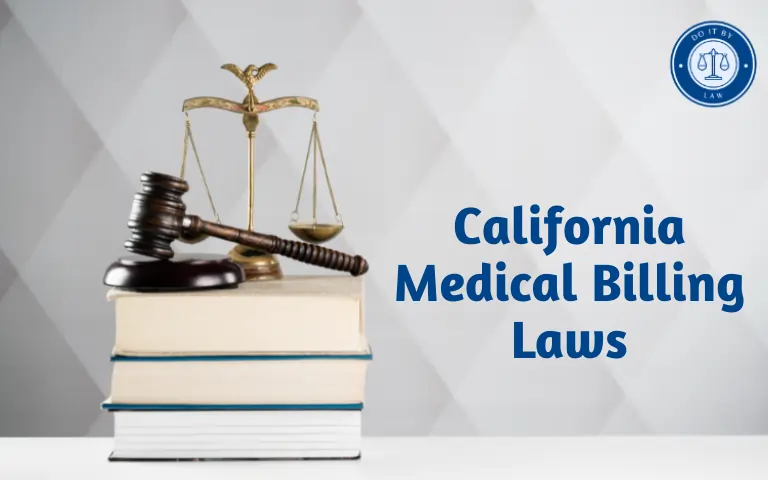California Medical Billing Laws: What You Need to Know
California Medical Billing Laws are governed by various state and federal laws that regulate billing practices and patient financial protections. This article summarizes some of the key laws impacting medical billers in California.
The California Consumer Protection Act
The California State Consumer Protection Act protects patients from certain medical billing errors and unfair billing practices. Key provisions include:
- Patients cannot be billed more than 12 months after services are rendered, with some exceptions. This timely filing rule incentivizes prompt and accurate billing.
- Patients have a right to clear bill explanations and cannot be billed for inaccurate or unreasonable charges. Billing statements must indicate the dates, charges, and nature of services.
- Bills cannot be sold to third-party debt collectors while a payment plan request or billing dispute is pending. This prevents patient credit damage while resolving issues.
- Providers cannot bill for services that were not provided or upcode bills to receive higher reimbursement. Inflating or falsifying bills is illegal.
The Consumer Protection Act allows patients to dispute bills and report violations. Violators may face civil penalties of up to $2,500 per violation.
Balance California Medical Billing Laws Protections
Balance billing occurs when out-of-network providers bill patients for charges not covered by their health plan. California passed laws to limit balance billing as an unfair practice:
- HMOs must cover emergency services by out-of-network providers as if they were in-network. Patients can only be balance billed their plan’s in-network cost-sharing amount.
- PPOs must pay out-of-network emergency providers greater than the average in-network rate or 125% of Medicare rates. Again, balance billing is restricted.
- Surprise bills from out-of-network doctors at in-network facilities are prohibited. Patients must pay in-network cost shares.
- Providers cannot bill uninsured patients more than the average contracted rate for that service in the region.
Medical Debt Collection California Medical Billing Laws
The California Fair Debt Collection Practices Act governs third-party medical debt collectors. Key requirements include:
- Debt collectors cannot misrepresent themselves as attorneys or government agents. They must disclose the agency name in communications.
- Medical debt details cannot be disclosed to employers without patient consent. This protects patient privacy.
- Collectors cannot harass patients with excessive phone calls or make threats. There are limits on calling hours and frequency.
- Once notified of legal representation, collectors can only contact the patient’s attorney. They cannot try to contact the patient directly.
- Wage garnishments and liens cannot be issued without court judgments. Patients have a right to dispute debts before assets are seized.
Health Plan Billing and Reimbursement Regulations
California’s Knox-Keene Act regulates licensed health plans and contains billing provisions like:
- Health plans must pay provider claims within 30-45 days to avoid penalties. Slow payments negatively impact provider operations.
- Claim payment denials must cite valid reasons per plan guidelines or California law. Arbitrary denials are prohibited.
- Plans must offer accessible provider directories so patients can confirm network status before receiving services. This facilitates billing accuracy.
California Medical Billing Laws Changes and Controversies
Recent billing controversies and legislative attempts in California include:
- Surprise ambulance bills continue to impact patients despite regulations. Lawmakers have pushed for further restrictions on ambulance balance billing.
- Some providers try appealing denied claims indefinitely or billing patients after timely filing deadlines. Updates to claim appeal term limits have been proposed.
- Hospital consolidation into large systems has increased prices. Legislation capping rate hikes from mergers has stalled under industry opposition.
- Confusion persists around plan access standards and out-of-network coverage for non-emergency services like lab tests. Access laws are being revisited.
While California has robust consumer protections, some gray areas disadvantage patients. Efforts are ongoing to refine billing laws.
Conclusion
California medical billing operates under various longstanding statutes governing accuracy, consumer rights, debt collection, and health plan payments. Proposed updates tackle balance billing loopholes and price transparency issues. All medical billers in California must comply with state laws while meeting timely filing deadlines and producing clear, accurate bills. Following California’s billing regulations minimizes conflicts and confusion.







